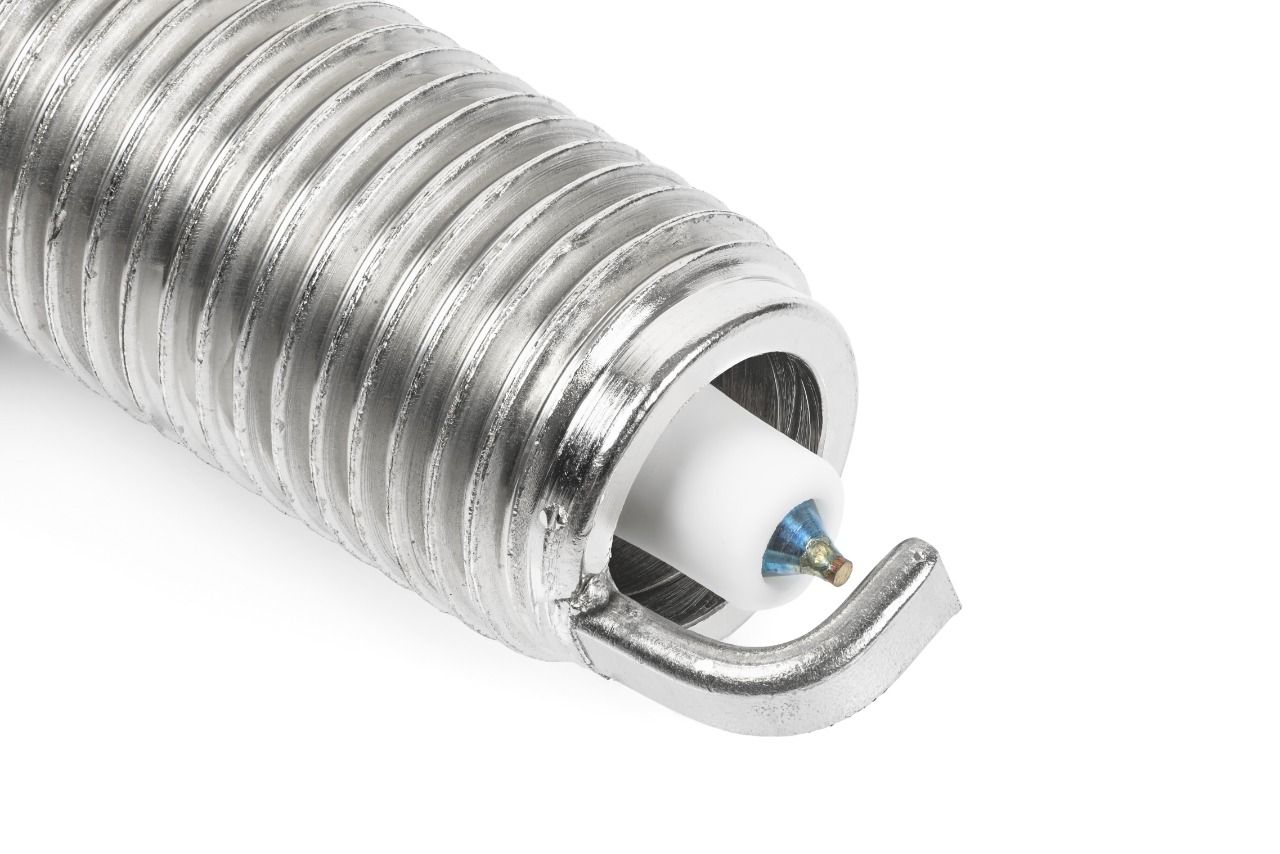The rare and very expensive metal iridium, part of the platinum group, has tripled in price in recent months as tight supply in its main source South Africa runs into increasing demand.
Here are three things to know about iridium:
Iridium is a by-product of platinum extraction and is used particularly in the electronics and chemical industries.
It is extremely hard, with a very high melting point and is resistant to corrosion.
South Africa “accounts for some 80 percent of the six to eight tonnes of iridium mined each year,” Vincent Donnen, at the top School of Mines in the eastern French city of Nancy, told AFP.
Iridium is well suited to several industrial applications “because of its high melting point, hardness and resistance to corrosion,” said John Plassard, an analyst with investment house Mirabaud.
Those qualities make it especially sought after for mobile phones, where demand is soaring as 5G technology is rolled out, and in hydrogen fuel cells, potentially a key component in the transition to electric vehicles.
It has a niche role too in helping disinfect water carried as ballast by ships, seen as a key conduit for the transport of invasive plant and animal species around the planet.
A 2019 accord reached under the auspices of the UN’s International Maritime Organization (IMO) requires ship operators to treat ballast water before it is discharged into the sea.
A troy ounce (31 grammes) of iridium currently costs about $6,000, having tripled over the past four months, largely due to scarcity of supply.
Technical problems at South Africa’s Anglo American Platinum mining group last year combined with the coronavirus outbreak and lockdowns to hamper operations.
A decline in demand for platinum has meanwhile had a knock-on effect on iridium which is mined with it.
“The market for iridium… is not very liquid so its price can shoot up if there are no sellers,” German refiner Heraeus says.






